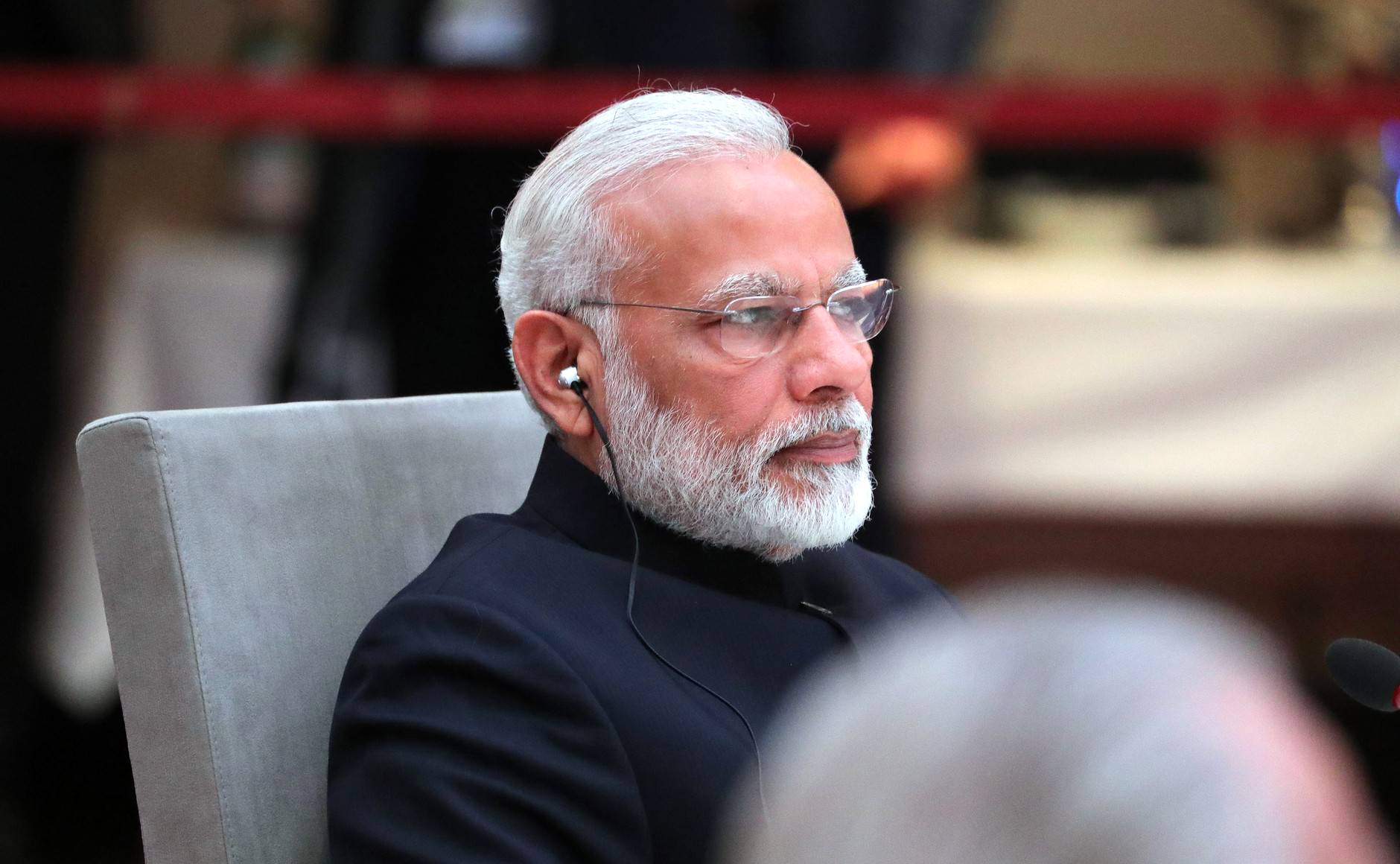Iran-Israel Ceasefire: Qatar successfully brokered a ceasefire between Iran and Israel, easing weeks of rising tensions in the Middle East. Former U.S. President Donald Trump praised the development, calling it a positive step toward global peace. The agreement marks a hopeful pause in hostilities, giving diplomacy a fresh chance.

Iran-Israel Ceasefire After Qatar Mediation; Trump Welcomes Peace
The tense conflict between Iran and Israel finally paused after a crucial mediation effort led by Qatar’s Emir Sheikh Tamim bin Hamad Al Thani and former U.S. President Donald Trump. Early Tuesday morning, around 3:32 AM local time, Trump announced a ceasefire between Israel and Iran, putting an end — at least temporarily — to 12 days of fierce fighting that had rattled the Middle East.
How Qatar Played Peacemaker
According to Israeli daily The Jerusalem Post, before the ceasefire declaration, Trump spoke directly with Qatar’s Emir Tamim bin Hamad Al Thani. Following this, U.S. Vice President JD Vance reached out to Qatar’s Prime Minister Sheikh Mohammed bin Abdulrahman bin Jassim Al Thani to further the dialogue.
During these discussions, Trump informed the Qatari leadership that Israel was willing to halt military operations and sought Qatar’s help to convince Iran to do the same. Shortly after the agreement, Trump thanked Qatar’s Emir on his social media platform, Truth Social, writing, “Congratulations to the world, it’s time for peace!”
Iran Initially Rejected Ceasefire
However, the road to this ceasefire was rocky. Talks took place after Iran had launched strikes on American bases in Qatar and Iraq. Despite Trump’s announcement, Iran’s Foreign Minister Abbas Araghchi initially dismissed the ceasefire proposal, stating, “There is no final truce with Israel yet. If Israel stops its attacks, Iran will also cease its operations.”
Just hours later, six ballistic missiles hit Israel. Reports from The Times of Israel said one missile struck a building in Beersheba, killing five and injuring over twenty.
Iran Accuses Israel of Continuing Attacks
Iran’s Revolutionary Guard claimed that Israeli strikes continued until 9 AM local time, according to a statement aired on Iranian state TV. However, after 6 AM, there were no further Israeli strikes reported. As per Trump’s arrangement, Iran was expected to uphold the ceasefire starting from 9:30 AM, with Israel following 12 hours later.
Iran’s Earlier Missile Strikes on U.S. Base in Qatar
Just hours before Trump’s ceasefire declaration, Iran launched 19 missiles at the Al Udeid U.S. Air Base in Qatar. Thankfully, there were no casualties because Iran issued a warning ahead of the strike. Iran later said these attacks were acts of “self-defense,” responding to Israeli strikes on its nuclear facilities.
Iran’s Foreign Ministry spokesperson wrote on X (formerly Twitter), “The missile strikes on Al Udeid were a direct response to Israeli attacks on Iranian nuclear sites.”
Qatar Condemns Iranian Strikes
Qatar’s Prime Minister Sheikh Mohammed criticized Iran’s missile attacks on the U.S. base, expressing surprise given Qatar’s traditionally warm ties with Iran. Speaking at a press conference in Doha alongside Lebanon’s Prime Minister Nawaf Salam, he called the strikes “unacceptable,” especially when Qatar was making diplomatic efforts to reduce regional tensions.
Qatar’s leader added that while they considered retaliating, they preferred to act with “reason and restraint.”
Israel Warns Against Ceasefire Violations
Following the ceasefire, Israeli military spokesperson Brigadier General Efi Dafrin declared that Israel had achieved all its military objectives. He stressed that the army remained on high alert and was prepared to respond strongly if Iran broke the truce.
Why Did Iran and Israel Clash?
The roots of the Iran-Israel conflict run deep. After Iran’s 1979 Islamic Revolution, ties between the two nations deteriorated. Iran views Israel as a threat to its existence, while Israel is deeply concerned about Iran’s nuclear ambitions. Over the years, Iran supported groups like Hezbollah and Hamas, while Israel repeatedly targeted Iranian assets in Syria and carried out covert operations, including assassinations of Iranian nuclear scientists.
The latest escalation began in April 2024 when Israel struck an Iranian consulate, killing top officials. Iran retaliated with a massive drone and missile barrage on Israel. In June 2025, Israel ramped up strikes on Iranian nuclear sites, prompting Iran to target Israel and U.S. bases in Qatar.
Through this fragile ceasefire, Qatar has demonstrated its growing role as a mediator in the region. Whether this holds, or slips back into violence, depends on cautious diplomacy and mutual restraint.
Also Read:
- Israel-Iran Conflict: Israel’s ‘Operation Rising Lion’ Hits Iran’s Air Defenses
- Israel-Iran War: Top Iranian Nuclear Scientist Abbasi Killed by Israel in Strike
- Operation Rising Lion: How Mossad Crushed Iran’s Nuclear Dream
Author

Sahil V
Sahil V. is a passionate contributor at InsightIndia.in, specializing in world geopolitics and job-related updates. With a keen understanding of global affairs and employment trends, he delivers insightful articles that help readers stay informed and make smarter career decisions in a rapidly changing world.














